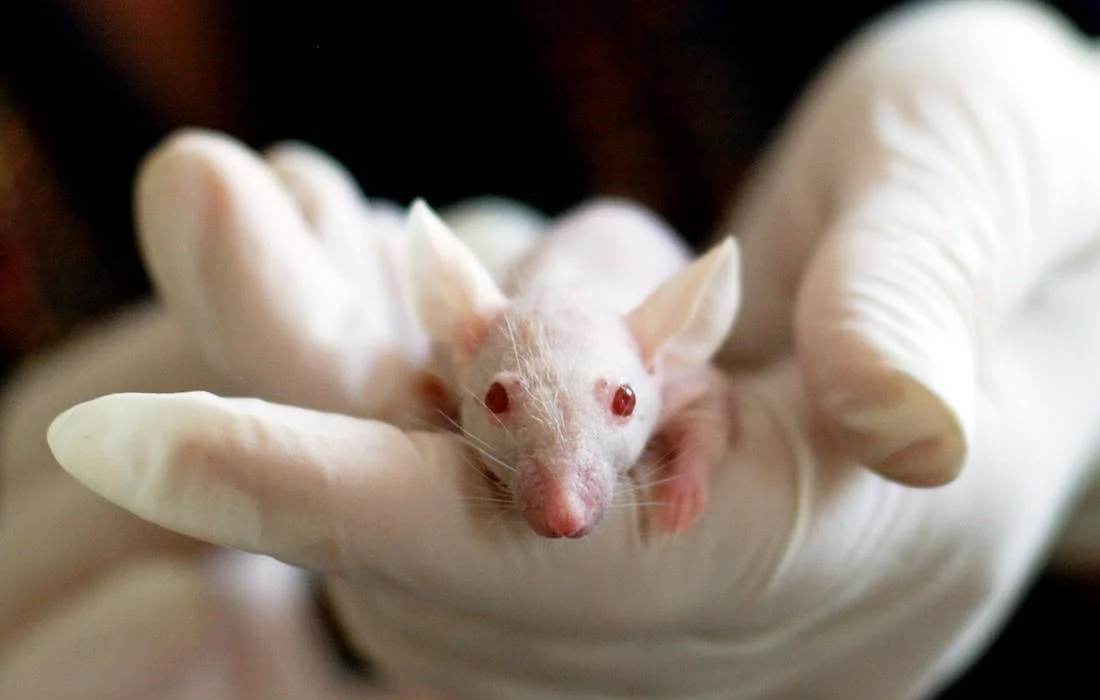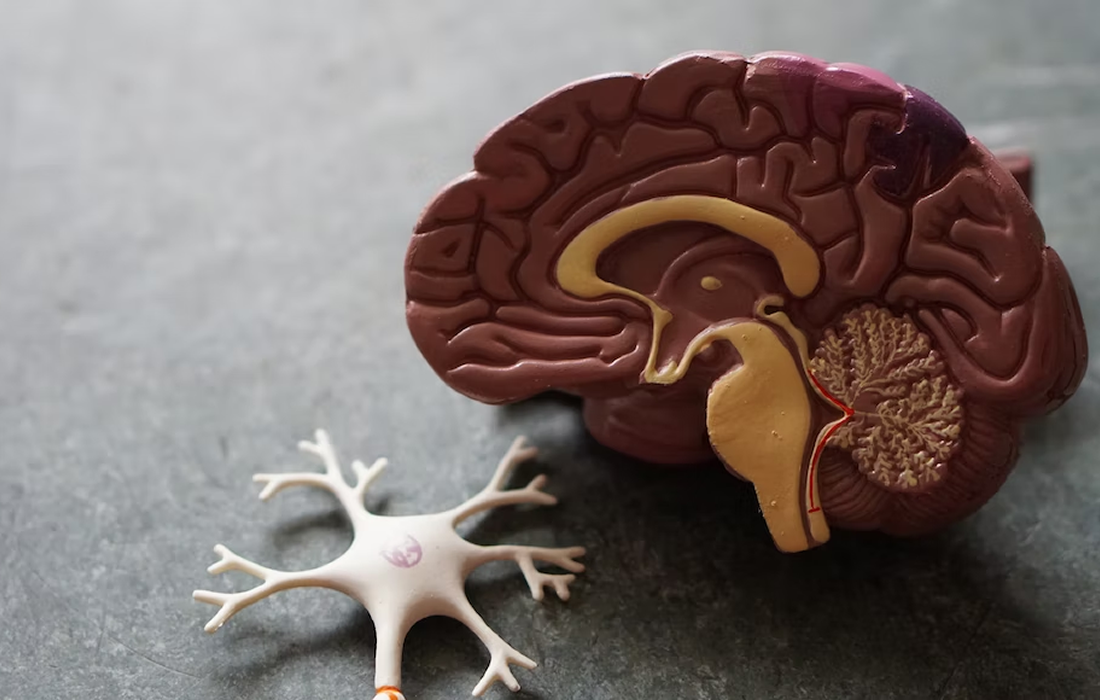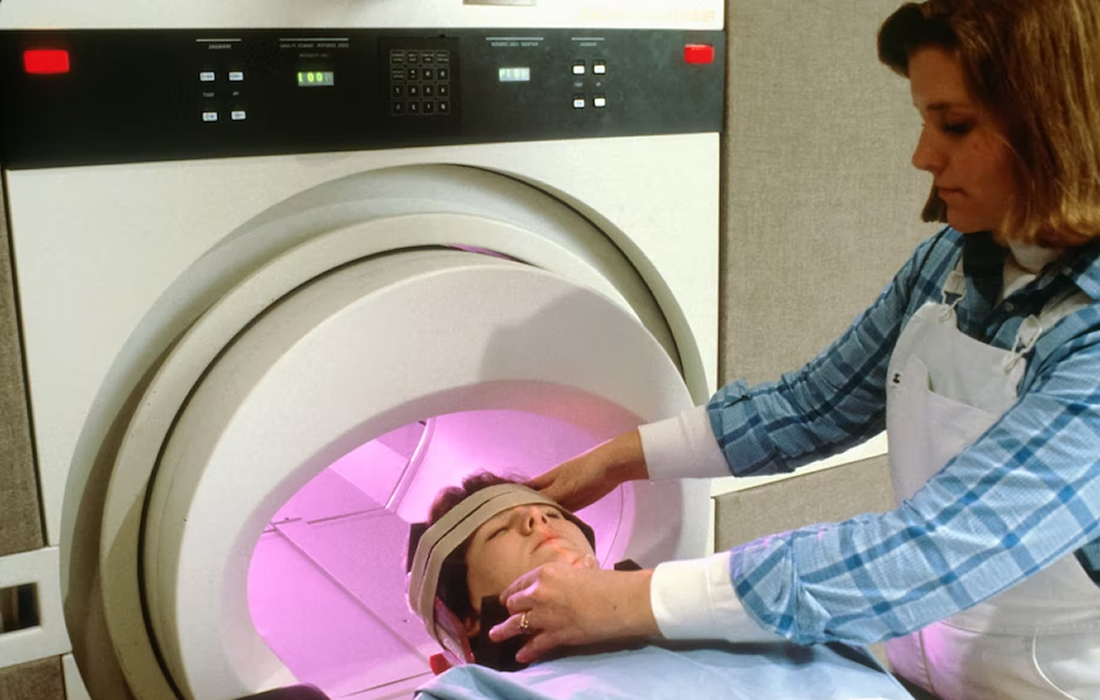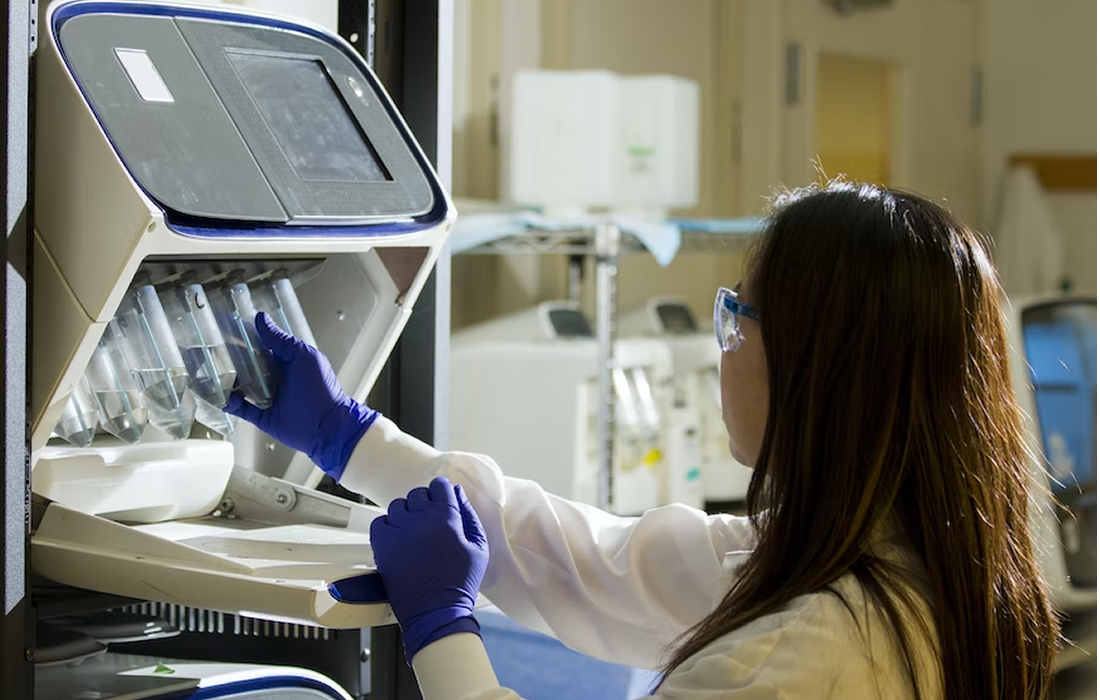Researchers at the University of Notre Dame are adding to their list of consumer products that contain PFAS (per- and polyfluoroalkyl substances), a toxic class of fluorine compounds known as “forever chemicals.” In a new study published in Environmental Science and Technology Letters, fluorinated high-density polyethylene (HDPE) plastic containers — used for household cleaners, pesticides, […]
Author Archives: Karely Vega, MD
A hormone called fibroblast growth factor 21 (FGF21) protects mice against ethanol-induced loss of balance and righting reflex, according to a study publishing on March 7 in the journal Cell Metabolism. “We’ve discovered that the liver is not only involved in metabolizing alcohol but that it also sends a hormonal signal to the brain to […]
The key to the development of autoimmune diseases, and thus the way to inhibit this development, lies in our cells, but the underlying mechanism has always been unclear,” stated Prof. Hiroki Ishikawa, who leads the Immune Signal Unit at the Okinawa Institute of Science and Technology (OIST). “Now, our recent research has shed light on […]
Essential microbes transferred from mother to infant are only slightly lower for babies born via cesarean section and that gap can be bridged with breastfeeding. That’s according to new research published on March 8 in the journal Cell Host & Microbe. To understand how the microbiome develops during the first month of life, the team […]
Reducing the methylation of a key messenger RNA can promote migration of macrophages into the brain and ameliorate symptoms of Alzheimer’s disease in a mouse model, according to a new study. The results illuminate one pathway for entry of peripheral immune cells into the brain, and may provide a new target for treatment of Alzheimer’s […]
A gene mutation associated with Parkinson’s disease interrupts brain cells’ normal process for disposing of degraded proteins, according to a recent study. The result is a buildup of debris in synapses that may cause Parkinson’s symptoms. In a study of Drosophila, fruit flies, researchers demonstrated that the release of calcium in neurons triggers autophagy — […]
An artificial intelligence (AI) tool shows promise in predicting active disease and flare-ups in people with ulcerative colitis, according to a new study published in Gastroenterology. Researchers from the Institute of Immunology and Immunotherapy at the University of Birmingham in England and the University College Cork in Ireland developed a computer-aided diagnostic tool to predict […]
For the study, which is published in PLOS ONE, Matthew Leming, PhD, a research fellow at MGH’s Center for Systems Biology and an investigator at the Massachusetts Alzheimer’s Disease Research Center, and his colleagues used deep learning — a type of machine learning and artificial intelligence that uses large amounts of data and complex algorithms […]
Further, over the past three decades, incidence of HPV-driven cancers has increased substantially worldwide and in the U.S. While there are well-established screening tools, as well as vaccines, for HPV-driven cancers such as cervical cancer, there are fewer resources for HPV-driven head and neck cancers. As a result, researchers are working with a sense of […]
Researchers investigated the link between the common artificial sweetener erythritol and cardiovascular risk. They found that erythritol is linked to increased cardiovascular risk. Further studies are needed to confirm the results. Individuals with metabolic conditions such as type 2 diabetes and obesity are often advised to consume products that replace sugars with artificial sweeteners to […]










